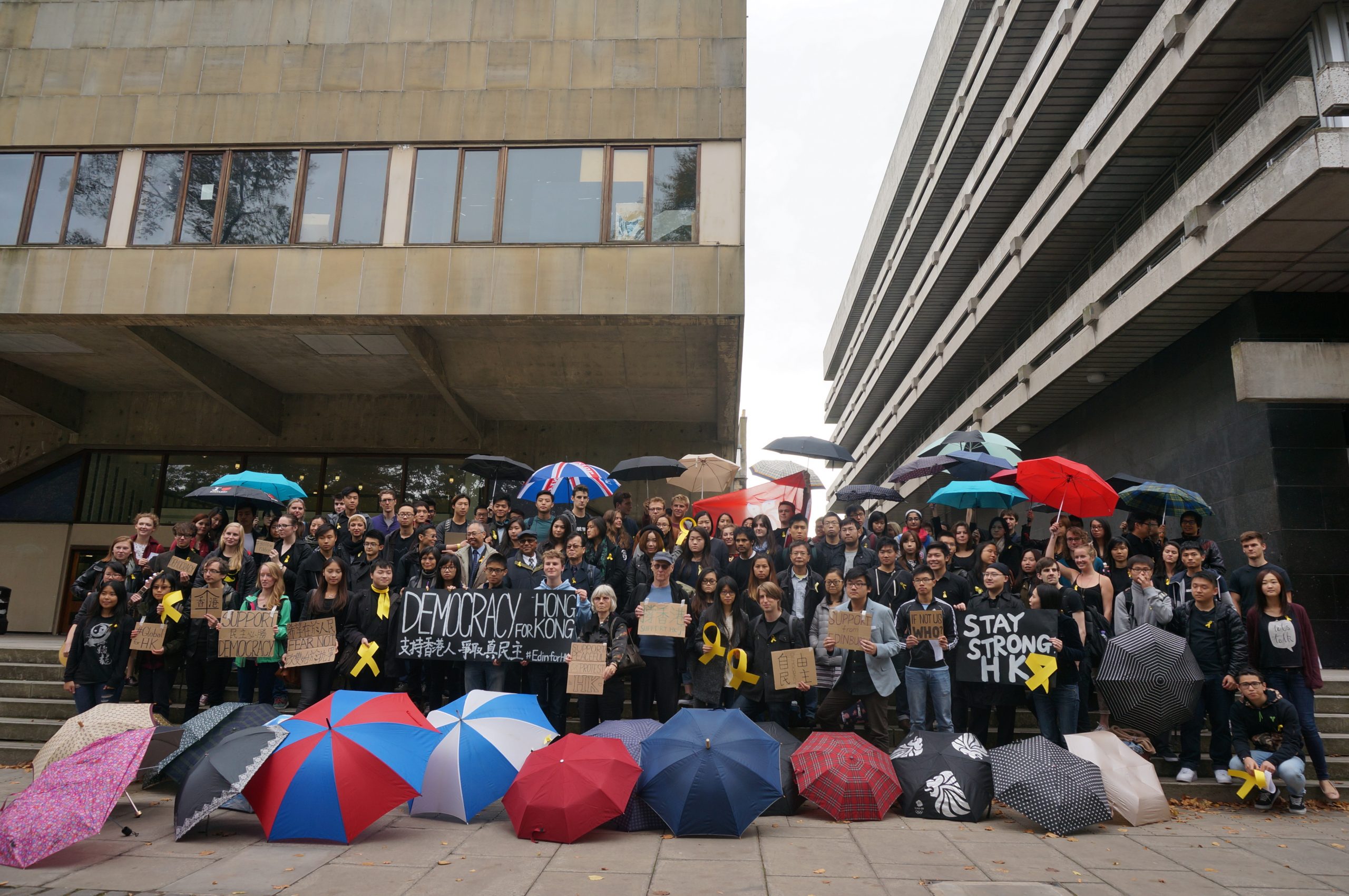Renowned for being an international financial capital, as well as having a strong, liberal press, diverse, metropolitan cities like Hong Kong are rare in Asia.
Due to this, the mass protests and civil unrest that have gripped the territory over the past two weeks have come as a surprise both to international onlookers as well as the Chinese Communist Party.
Hong Kong’s ideals and values have arguably been shaped by more Western principles after being a British colony for more than 150 years. However, since the city’s handover back to China in 1997, power and authority lie mainly in the hands of Central Government in the Chinese capital, Beijing, under the principle of “one country, two systems”. The framework allows Hong Kong to maintain its judiciary and press whilst foreign affairs and defence are tightly monitored. This system entails appointing a small committee loyal to Beijing to elect the next Chief Executive every four years in charge of handling the city’s affairs as well as the interests of the population.
In recent months, tension has steadily been building between pro-democracy activists in Hong Kong against the Chinese government. Distrust amongst the local citizens for current Chief Executive, Leung Chun-ying (C.Y. Leung) first arose after it was discovered he had tried to cover up an “underground palace” within his own home which broke planning regulations. Additionally, although he has promised to achieve universal suffrage by 2017, the people are doubtful and want a right to vote for their next elected leader.
This doubt has spread to Hongkongers abroad, with students staging demonstrations calling for true democracy on university campuses worldwide.
Students organised a demonstration in front of the main library at The University of Edinburgh on Wednesday, October 1, with protesters carrying signs emblazoned with pro-democracy slogans in English and Cantonese.
Yvonne Yu, who was present at the Edinburgh protest, told The Student: “the yellow ribbon is the symbol of this political movement in Hong Kong. It symbolises bright[ness] and hope. Yellow also means ‘return’, as we hope for a victorious return in this fight for democracy. Umbrella has become a symbol since protesters used umbrellas to protect themselves [from the] police’s pepper sprays. Many international media have started using the term “umbrella revolution.” The crossed arms symbolise peaceful protest.”
On June 20, 2014, nearly 800,000 people in Hong Kong voted in an unofficial referendum which called for Beijing to allow open nominations of candidates for the 2017 poll – a vote China’s State Council called “illegal and invalid”.
Beginning the week of September 22, students from more than 20 universities and colleges launched a week-long boycott of classes in protest against China’s rejection of open nominations for the city’s leadership poll. Many were dressed in white t-shirts with yellow ribbons – a colour which has been adopted as the symbol for pro-democracy activists.
This was immediately followed by a mass disobedience campaign in which Hong Kong’s financial centre was blocked off as numbers of protesters quickly swelled from hundreds to thousands.
As police had previously fired tear gas to try to clear roads and used hand-held pepper spray, protesters came well prepared, wearing ponchos and eye protection.
Amidst the chaos, rather than vandalised shops or scenes of extreme violence, the images emerging from central Hong Kong portray genuine order. They show smiling students sitting down doing their homework, refreshments and food being passed around and people picking up their litter – even sorting out the recyclables.
This has earned the Hongkongers a reputation as “the most polite protesters”.
As an onlooker to the rioting, Yasmin Bye, a Hong Kong student, notes: “Even though violence has been used, the real reason for Occupy Central is the desire for democracy, and that cannot be forgotten.”
Hong Kong is proving to be a challenge not just for the local authorities, but for local businesspeople, as transport to and from the city centre has been severely disrupted in the past weeks.
In spite of this, many don’t seem too bothered and, rather, are impressed by the perseverance of the students.
Ben Ho, a Research Analyst at Kim Eng, said: “It was a friendly atmosphere. You see all sorts of people from different nationalities coming together because they believe in the same cause: the right to freedom.”
The mass protests have also gained international recognition and wide-spread media attention.
In at least nine international cities, students have organized solidarity events in support of the Hongkongers’ fight for free elections.
The White House has even responded to a petition on its website which has attracted around 200,000 signatures, calling for ‘genuine choice’ in Hong Kong elections.
“It’s not another Chinese city and it shouldn’t become one. Hong Kong is unique,” said Anson Chan, a pro-democracy Hong Kong government official.

